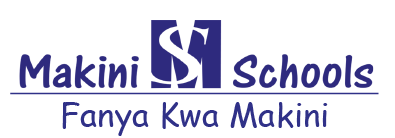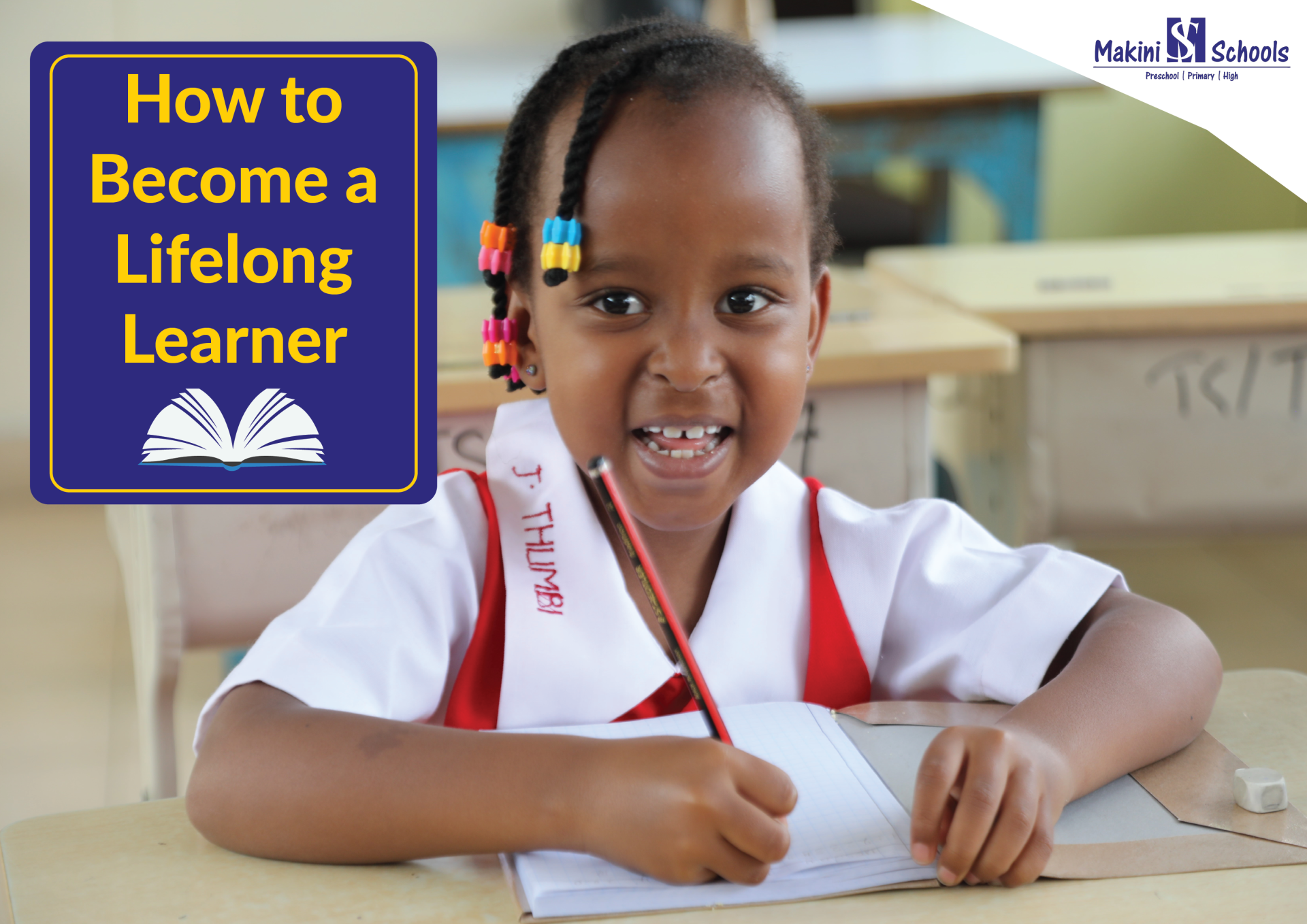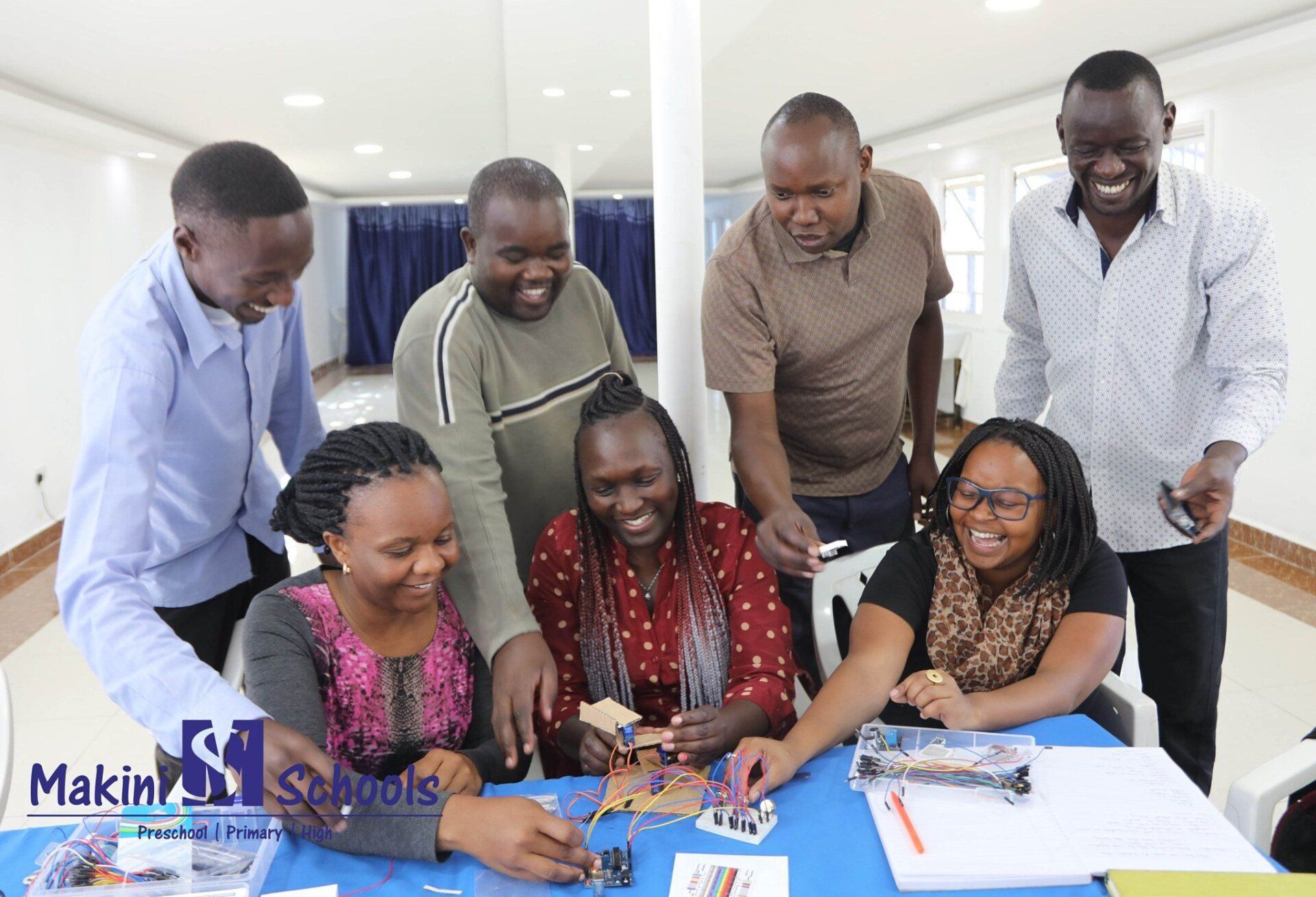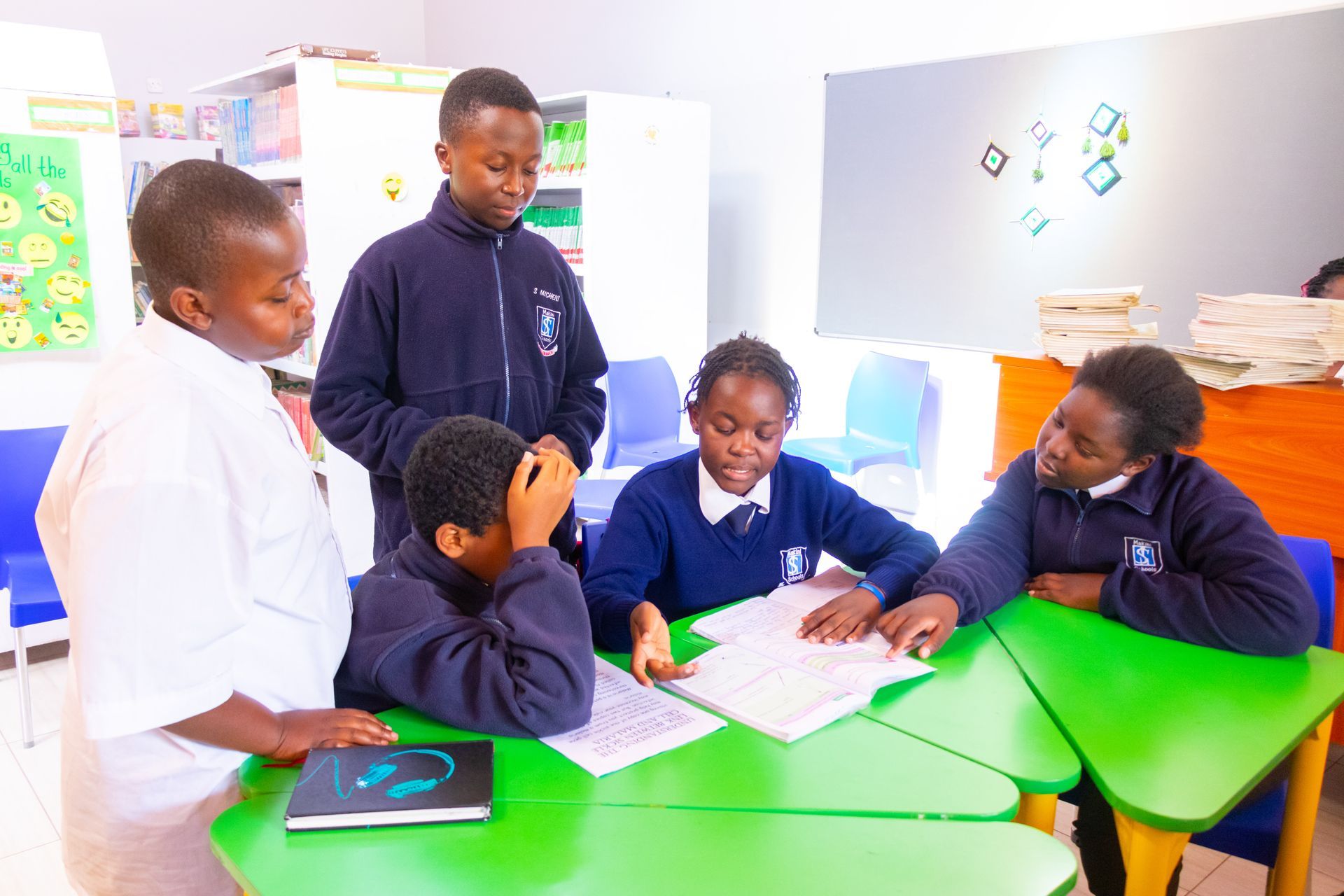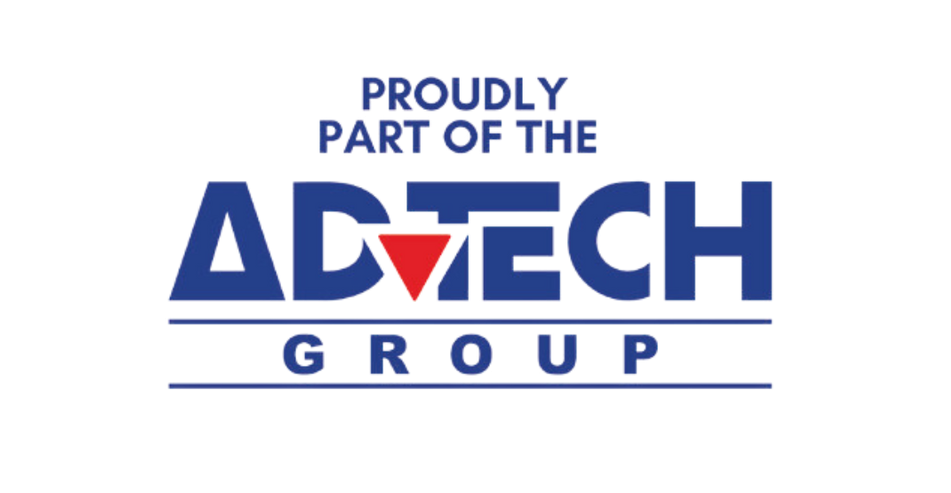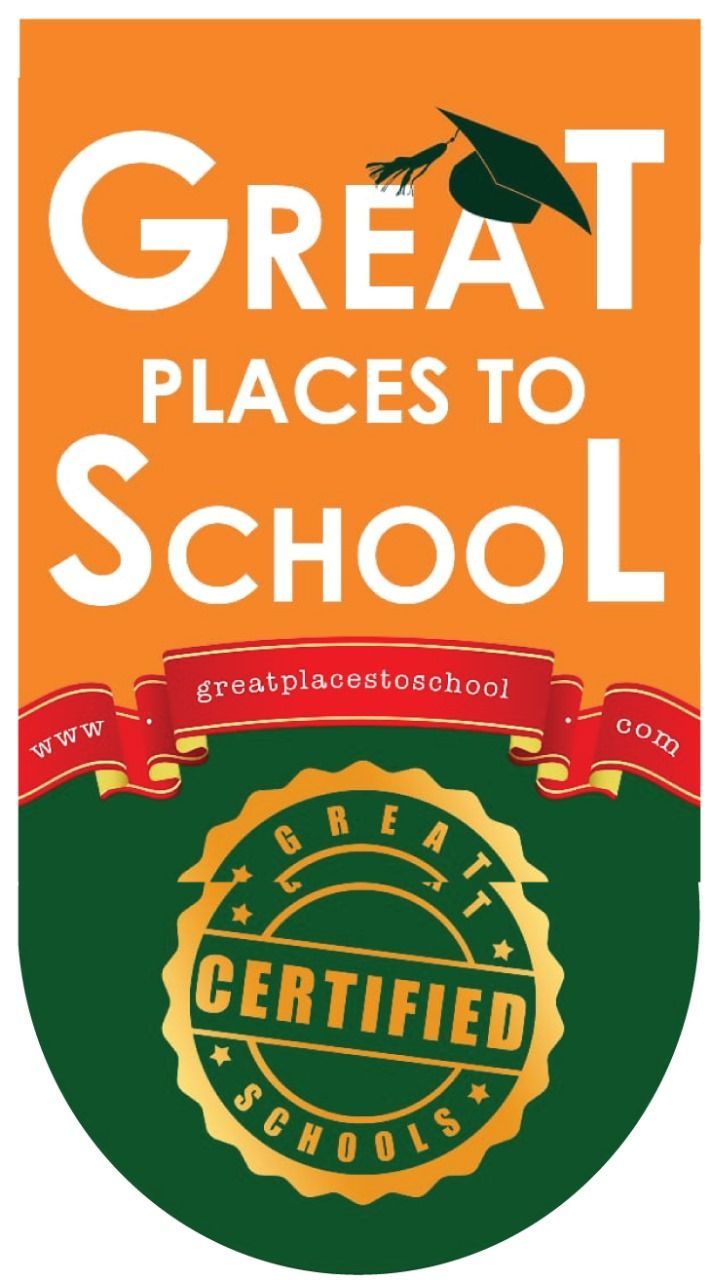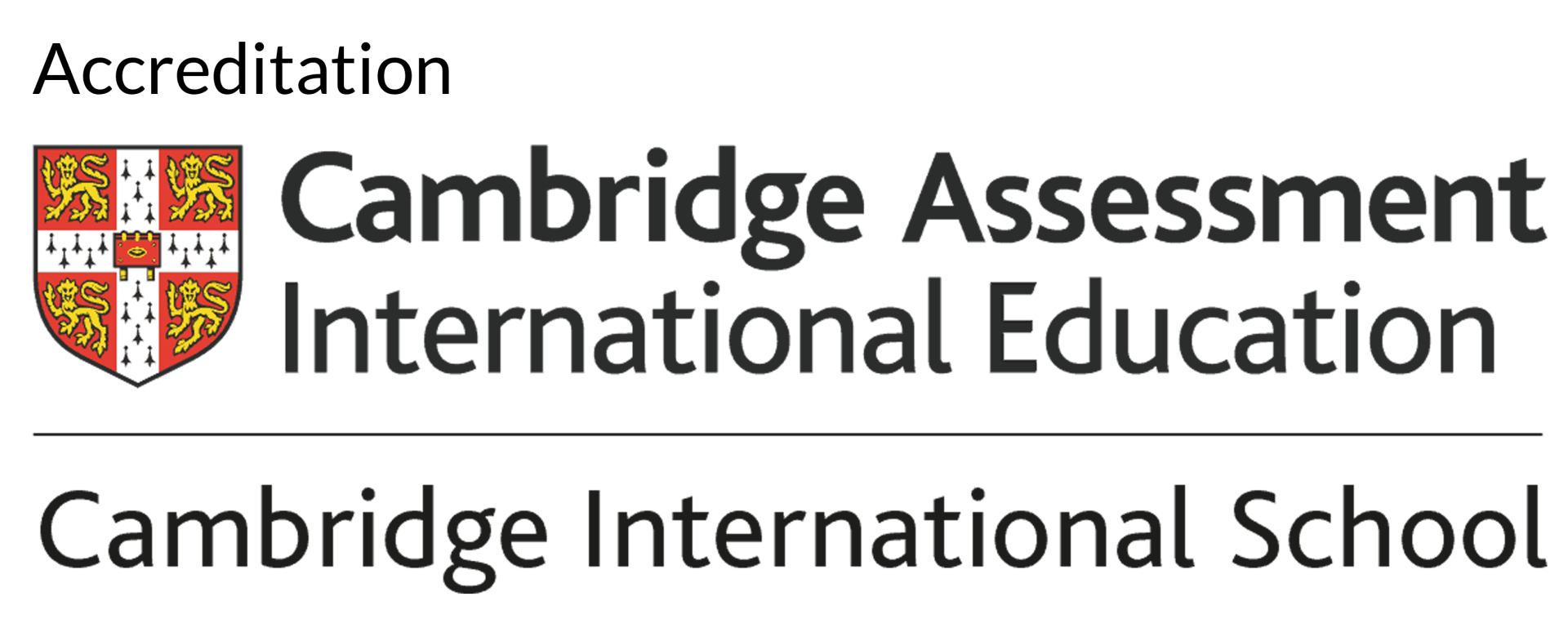How to Become a Life Long Learner
Sept 8 / 2 min read
Become a Life Long Learner
Recognizing your own personal interests and goals
Lifelong learning is about you. Reflect on what you’re passionate about and what you envision for your own future. If succeeding in a specific subject such as Geography, then there are ways to participate in self-directed learning to accomplish this goal.
Make a list of what you would like to learn or be able to do
Once you’ve identified what motivates you, explore what it is about that particular interest or goal that you want to achieve. Returning to our example of someone having a passion for geography, perhaps it is desired to simply expand knowledge on that specific area or place. Or perhaps the interest is so strong that going for a Ph.D. in this dream goal. Both of these are different levels of interest that entail different ways of learning.
Identify how you would like to get involved and the resources available
Achieving your personal goals begins with figuring out how to get started. Researching and reading about the interest and goal can help to formulate how to go about learning it. With our geography example: the person who wants to simply learn more about a particular place could discover books in the library, explore catalog, blogs, magazines, and podcasts dedicated to the subject, or even delve into museums and talks.
Structure the learning goal into your life
Fitting a new learning goal into your life takes consideration and a deliberate effort. If you don’t make time and space for it, it won’t happen. It can easily lead to discouragement or quitting the learning initiative altogether. Understanding the time and space you can devote to the learning goal can help you to stick with the goal in the long-run.
Make a commitment
Committing to your decision to engage in a new learning initiative is the final and most important step. If you’ve set realistic expectations and have the self-motivation to see it through, commit to it, and avoid making excuses
Lifelong learning means exploring the things that make you tick, expanding your horizons, and becoming an active participant in your life. Happy learning!
By Evelyne Muguimi, Deputy Headteacher Makini Junior Academy
Our world is changing around us at such a frantic pace that if we do not continue to grow and develop, we will soon be left behind.
In the 21st century, we all need to be lifelong learners. We need to continually keep our skills sharp and up to date so that we have an edge in all we do.
Teaching our children to be lifelong learners includes molding them in the following ways:
